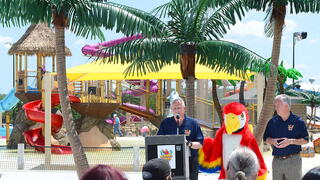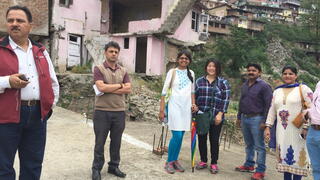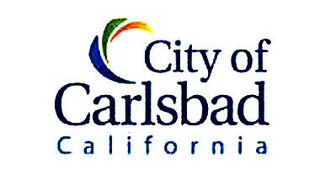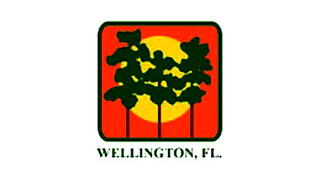
Parrot Island facility enhances quality of life for Fort Smith, Arkansas, residents.

In May 2015, the CityLinks team and a delegation from Boulder, Colorado journeyed to Shimla, India as part of the Climate Adaptation Partnership Program.

Drought management raises important issues that local governments may already be addressing in other contexts but that become especially critical to address during a crisis.

The initiative, which kicks off on April 1, 2015, is a no-cost way for communities to reaffirm their commitment to conserving natural resources.



